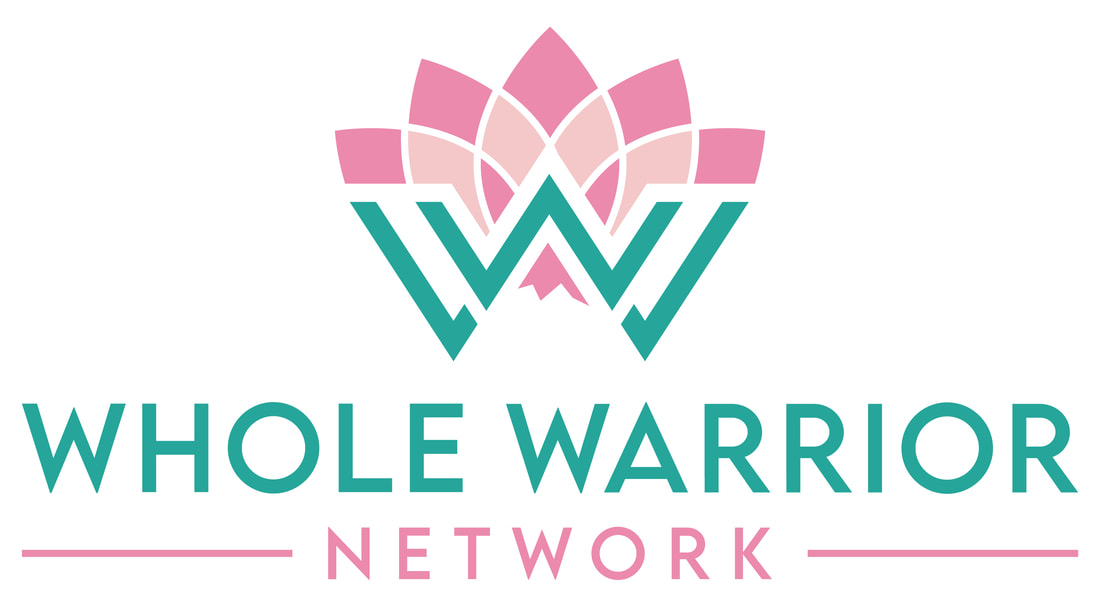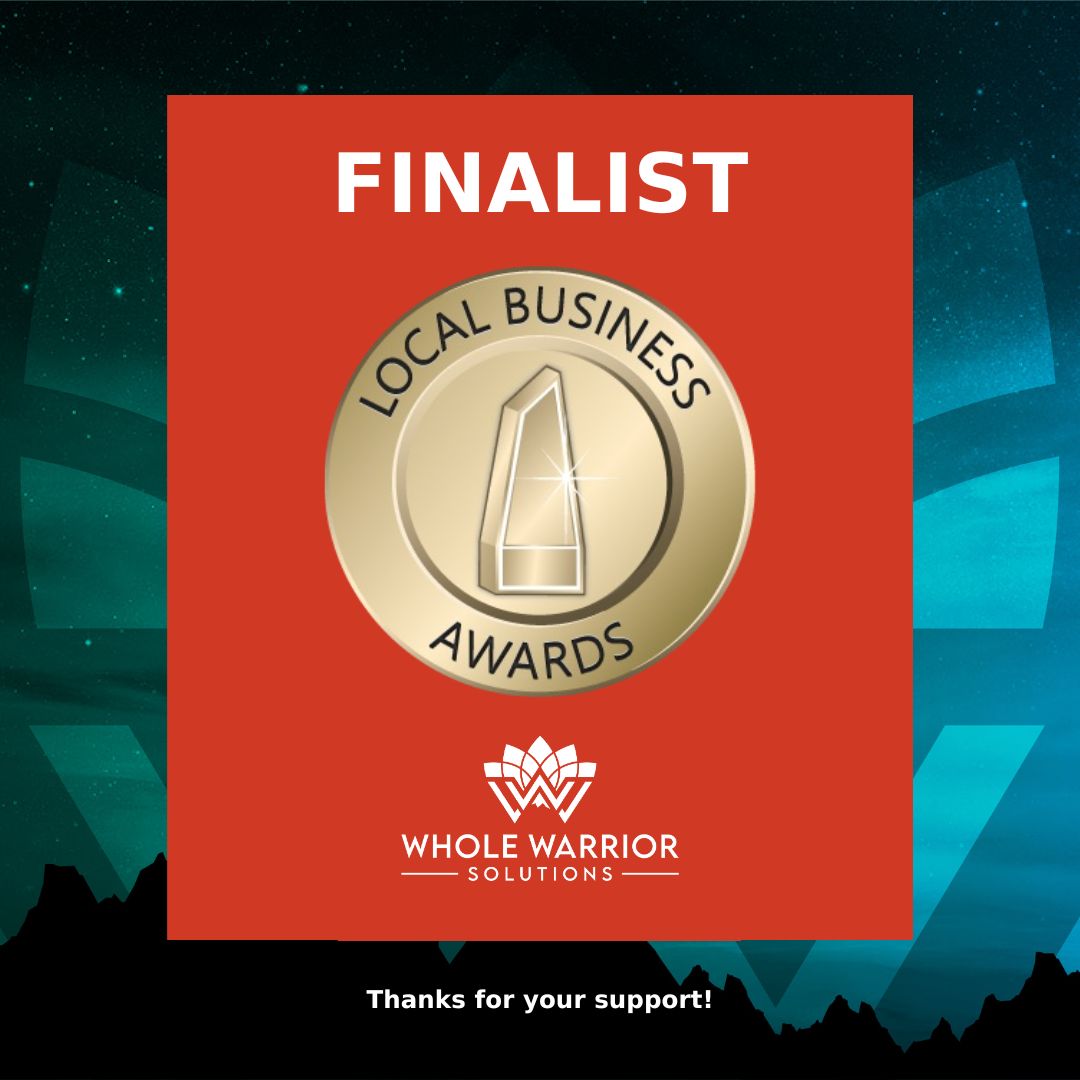|
The Gut-Brain Connection refers to the connection between our gut and mental health. Recent studies have shown that our gut plays a crucial role not only in our physical health but also in our mental wellbeing. Different mental health issues like anxiety, depression, anorexia nervosa, obsessive-compulsive disorder, and more have been linked to an unhealthy gut microbiome.
Having been a vegetarian most of my life, together with an interest in the social determinants of health, I have had the benefit of attending hundreds of lectures, workshops and courses on healthy living including gut health. For me there is an opportunity to make good choices daily as part of my lifestyle. With a lot of head knowledge, the challenge is to incorporate healthy habits consistently into my lifestyle including leafy greens, fermented foods and ensuring I eat the colours of the rainbow. I certainly notice when I do make good choices like these I have more mental clarity and my mood and productivity increases. This happens for me more regularly when I plan ahead and have healthy food available in the fridge and cupboard. Research shows one of the primary ways to improve gut health is by incorporating probiotics or prebiotics which help to promote the growth of gut-friendly bacteria. However, good gut health involves more than this. Other factors like following a healthy diet, consuming antioxidants, reducing processed foods, fasting, and adopting a gut-friendly lifestyle are all important for a healthy gut. In psychosocial recovery coaching, I believe that it's important to consider the role of the gut in mental health and work ethically with clients who may be struggling with gut issues that are affecting their mental wellbeing. By educating my clients with information on the importance of a healthy gut microbiome and promoting gut-friendly practices into their daily lives, I empower them not just in their physical health but also in their mental wellness. At Whole Warrior Solutions, we are committed to a holistic approach to mental health that includes gut health. Learn more about Psychosocial Recovery Coaching, our 12 month Recovery Coaching Rejuvenation course, or make a referral here. Comment below your best tips for gut health and how it helps mental clarity. Love and light Tania
0 Comments
As an NDIS provider, it's important to prioritise self-care and wellness to effectively help those living with disabilities. Burnout is a common issue in the fields of disability work, social work, community work and nursing. Recognising the signs of burnout is crucial in preventing it, particularly as a busy entrepreneur. Symptoms such as exhaustion, cynicism, and reduced effectiveness can impact both your personal life and your ability to provide quality care to your clients.
To proactively invest in your wellbeing, it's important to make time for self-care activities such as exercise, meditation, and peer supervision. Additionally, attending events such as the Whole Warrior Network Retreat can provide valuable resources and support for NDIS providers. The retreat, taking place from August 24th-27th in the Sunshine Coast Queensland, offers professional development opportunities and a chance to connect with like-minded individuals in the disability field. Mary appeared almost unrecognisable as she walked down the hospital corridor shuffling her bare feet. She held out her arms. We embraced. She held on and sobbed, and sobbed. Our arms stayed locked until she was ready to release. Mary appeared an empty shell of the lively woman I used to support. Now Mary appeared broken, dishevelled, with matted hair, and wearing someone else's clothing. Mary stared at me with a vacant yet desperate gaze. It was like the life had been sapped from her. Devastated from years of abuse, forcibly separated from her children, deprived of all freedoms in a locked hospital ward. Mary had been scheduled under Section 22 of the Mental Health Act as she had been a risk to herself and her children allegedly.
Listening to Mary recall her ordeal made tears well up in my eyes. Mary described the process of being forcibly detained with six men physically restraining her during the scheduling and jabbing her with a needle - likened to the trauma of a sexual assault. There were no words to console. Sometimes it is the deep understanding of just sitting with the grief, together. We sat and cried. The fact Mary felt safe to share her dark night of the soul with me spurred me on to advocate for her with the hospital social worker and mental health nurse. I attended discharge planning meetings with Mary and committed to supporting her with followup tasks to help her rebuild her life. Mary had no family and really needed support to re-enter society. Whilst Mary stayed in hospital she received a number of labels or diagnoses about her mental health. Forced to attend groups with people living with significant mental health and forensic histories, including schizophrenia, bipolar, borderline personality disorders, narcissistic personality disorders and other's with complex comorbidities and behaviours. Mary described feeling scared living with people not of her choosing, some who were very unwell, gave her death stares, and others who followed her around the corridors. Mary said she stayed in her room to increase safety. Yet was expected to engage in group therapy and activities with people not of her choosing. After a month and much advocacy on my part, Mary was discharged and ready to start a new life. A new chapter, new beginning. Over the next year that I walked alongside Mary, I held space for her. Helped her find a new home, linked her with support workers, cleaner, a gardener, and visited her weekly. The home visits eventually tapered down to fortnightly then monthly. Over time Mary's energy and self-care practices returned, had enough energy and money to meet up in the community, going for walks, meeting for coffee, doing activities together, text messages and phone calls. During this recovery coaching journey Mary integrated trauma, engaged in holistic somatic practices, equine therapy, talk therapy, sound healing, mindfulness and meditation practices in line with her faith. Mary overhauled her concept of good nutrition, exercise, hydration and more. As her wellness and confidence increased I helped her get a part-time job with animals that she loved. I had the grand privilege of witnessing Mary's transformation to wellness! |
AuthorTania Gorry is the founder of Whole Warrior Solutions based on the Central Coast of NSW. Blog Categories
All
Blog Archives
December 2023
|
|
|
|
CONTACT US
Nexus, 3 Amy Close, Wyong NSW 2259, Central Coast, Australia PO Box 200, Wyong NSW 2259 Telephone: 1800 431 506 |
At Whole Warrior Solutions we provide Counselling, Coaching, Consulting and Community Services Australia wide. Established 2018
Empowering futures! Founder of Whole Warrior Network @wholewarriornetwork #ndisnetwork Established 2019 |
(C) Copyright 2018-2023 Whole Warrior Solutions | All rights reserved | ABN 59 941 852 312 | Privacy | Disclaimer


 RSS Feed
RSS Feed





